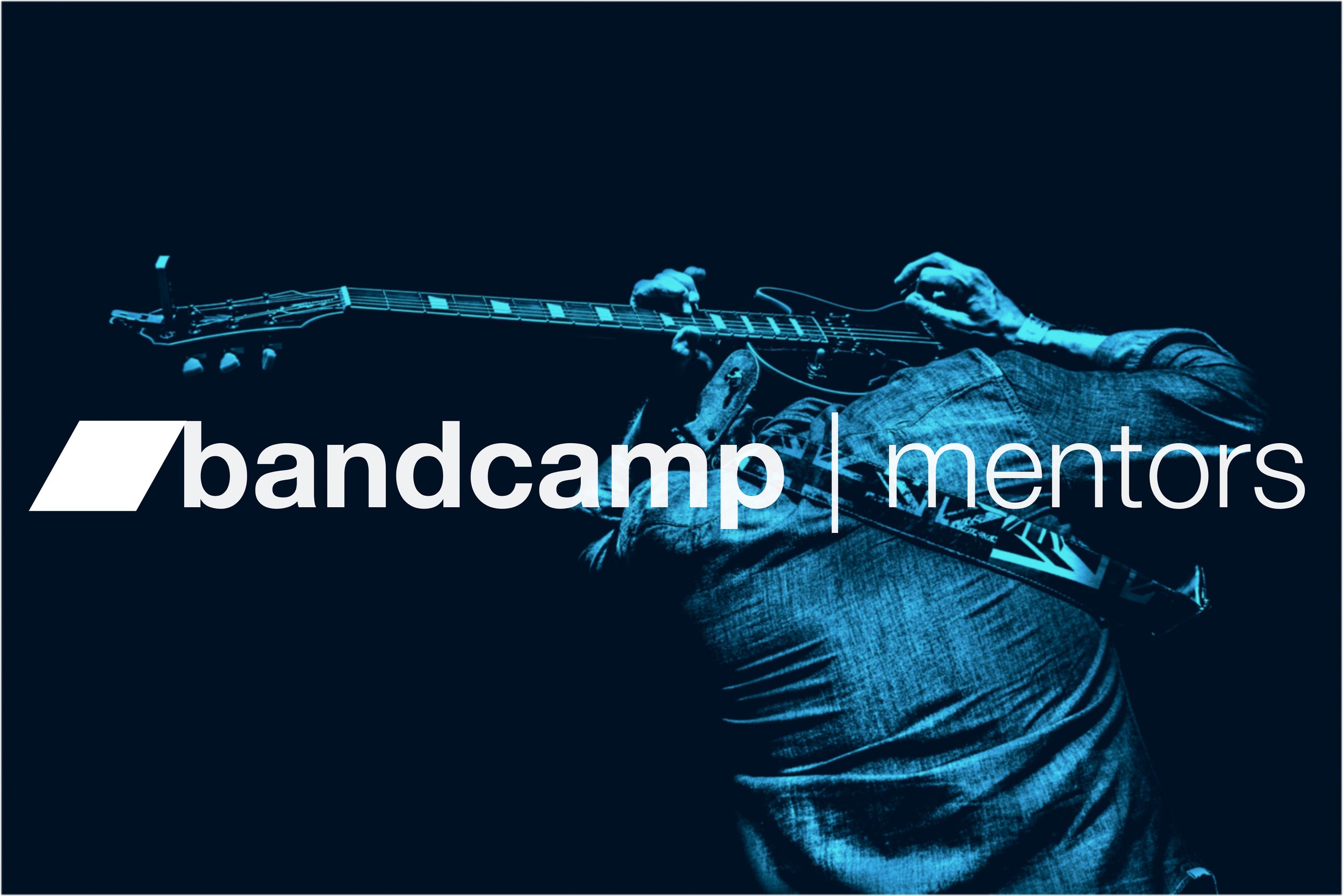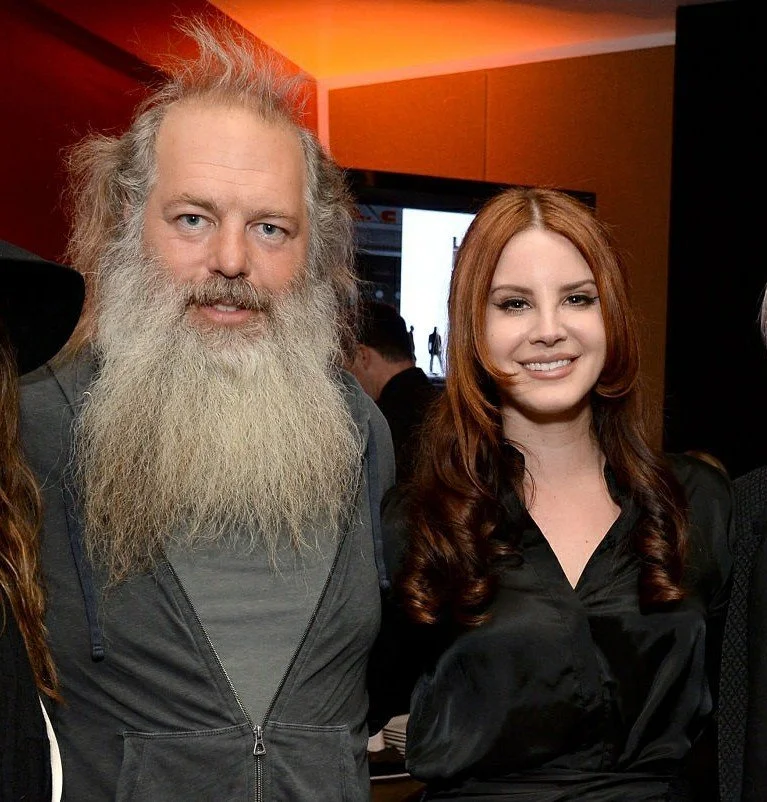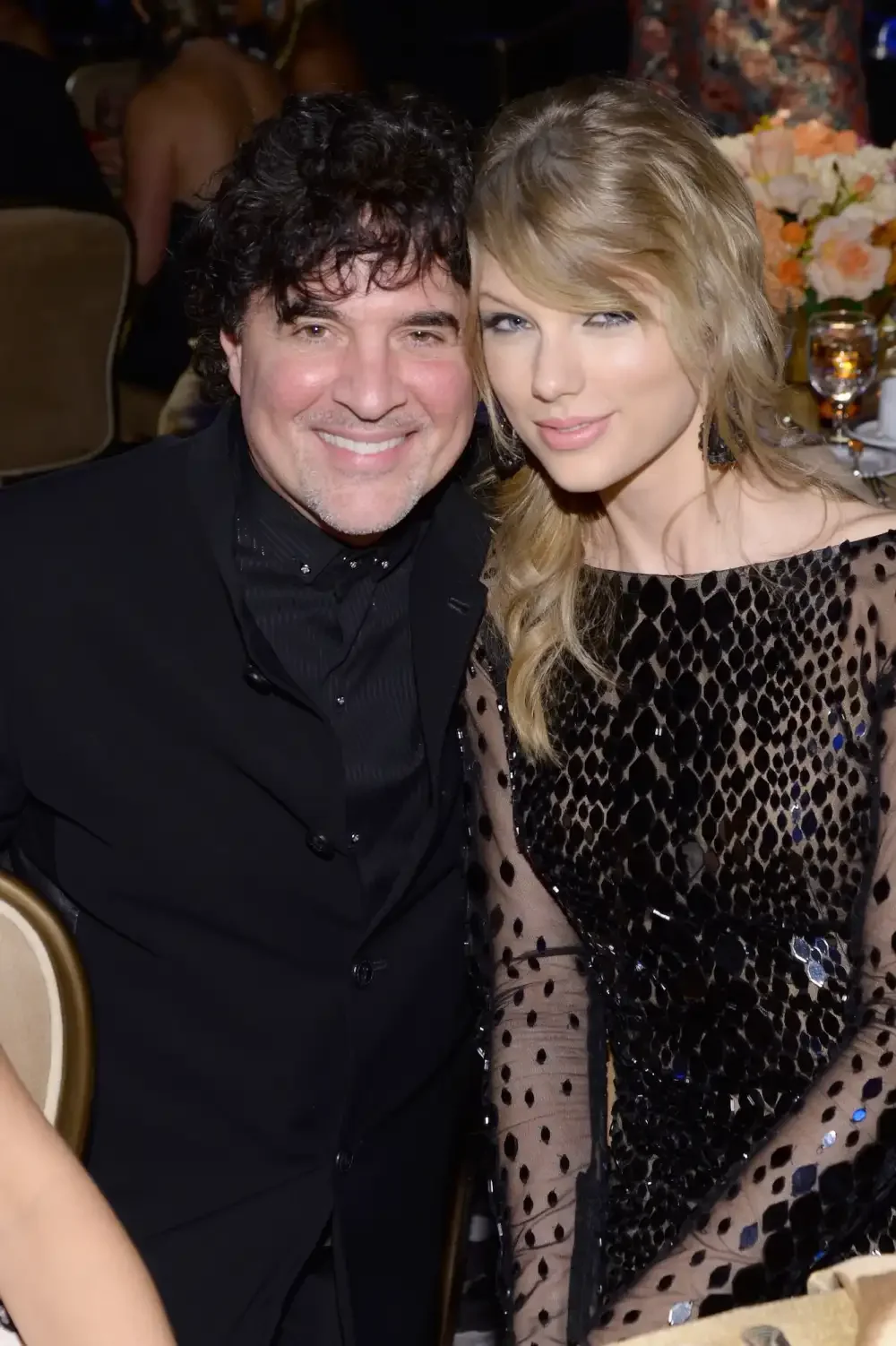
Everything You Want To Know About The Music Industry In One Place
Role
Brand/UX Strategist
Project Type
6 Weeks
Project Length
Grad School Project
The Challenge
The Hardest Part About Being An artists Isn’t The Music. It’s Everything Else!
The self-made artist is a myth that kills careers.
Every successful musician had someone who taught them to survive—not just perform. But Spotify democratized distribution and eliminated the mentorship infrastructure. Now 73% of independent musicians struggle with mental health, bands last an average of 5 years, and the talented quit before they ever profit. Not from lack of skill, but from isolation nobody admits exists.
Bandcamp has the trust, the community, and the daily engagement. They're missing the support system.
The Insight
No Musician Succeeds Alone. Even The Best Had Help
Every successful artist had a mentor. Elvis had Colonel Tom Parker. The Beatles had Brian Epstein. Taylor Swift had Scott Borchetta. Mentorship infrastructure kept artists alive through rejection, burnout, and crisis.
Streaming killed the gatekeepers—and that infrastructure. Independent musicians today face predictable breaking points with nobody to guide them through.
My research revealed the solution: musicians don't need any mentor—they need someone who's survived their specific crisis. Control issues need leadership coaching. Work/life collapse needs boundary-setting. Family pressure needs cultural validation.
This insight shaped the matching system: crisis type first, genre secon
The Research
Alex
-
the lead vocalist and creative director for Midnight Burger. A perfectionist who sets impossibly high standards for himself and the band, he constantly pushes for more practice and new material. Though he can't read music or play instruments, he acts like he knows everything—frustrating his bandmates.
-
Alex can't let go. He micromanages arrangements, redoes bandmates' work, and dismisses all feedback. When stressed, he drinks and pushes harder. His control freak tendencies poison collaboration.
-
A musician who overcame chronic unreliability through boundary-setting and time management. Teaches saying no strategically and showing up consistently. Gentle but direct accountability without shame.
Lyle
-
Lyle is drummer and pianist who loves experimenting with sound. Chronically late, he brushes off concerns. Easygoing and likable but unreliable.
-
Lyle says yes to everything—then shows up late or not at all. He can't prioritize or set boundaries. His people-pleasing creates chaos. The band quietly searches for a replacement without telling him.
-
A music therapist who specializes in boundaries and time management for creative professionals. Teaches saying no without guilt, prioritizing commitments, and building reliability through structure. Helps Lyle advocate for himself compassionately.
Meet The Midnight Burger
Musicians tell the truth on Reddit at 3am. I pulled 200+ posts and built four people from them - a band. Then I broke them. Wrote scenarios. Tested collapse points. Finding: Bands don't fail from lack of talent. They fail because one person's crisis becomes everyone's, and nobody knows how to stop it.
Jordan
-
Jordan is keyboardist and producer from an immigrant family who funded his music training but now demand a "real career." He hedges with solo work as FUJIAPPLE.
-
Jordan's parents want him to quit music for something stable. Torn between passion and duty, he splits energy between band work and solo projects. Midnight Burger notices his divided loyalty and trust erodes.
-
A successful band member who also produces for others. Shows how to balance multiple projects without guilt, build collaborative networks, and turn production skills into income. Validates that diversification isn't disloyalty.
Jesus
-
Jesus is lead guitarist and manager with industry experience. He commutes long distances balancing band life with family. This is his last shot before committing to his AV tech career.
-
Jesus misses family dinners for practice and arrives home after his daughter sleeps. Guilt builds. When tour dates conflict with family commitments, he withdraws completely. The band collapses within weeks.
-
band manager and parent who refused to choose. Teaches time-blocking for family commitments, delegation without guilt, and communicating boundaries to bands. Proves you can lead without losing your kids' childhoods.

Bandcamp’s Brand At Glance
Bandcamp.com Mission
Bandcamp’s mission is to help spread the healing power of music by building a community where artists thrive through the direct support of their fans, and where fans gather to explore the amazing musical universe that their direct support helps create.
Why a Mentorship Program
Bandcamp solved the commerce problem. But commerce isn't why bands fail.
The research showed 73% of independent musicians struggle with mental health. The average band lasts 5 years. Most quit before they ever make real money—not from lack of sales, but from lack of support.
Bandcamp already has what mentorship needs: artist trust, daily engagement, community infrastructure. Integrating mentorship into the platform artists already use transforms Bandcamp from transaction tool to career lifeline.
The insight: You can't "spread the healing power of music" if the musicians creating it are burning out. Mentorship isn't feature creep—it's mission completion.
The Bandcamp Mentor Experience.
It lives where artists already are. Because another app is the last thing a burning-out musician needs.
Bandcamp Mentors integrates directly into artist dashboards. Same login. Same platform. Zero friction between crisis and guidance.

Key takeways
The music industry has a talent for amplifying mental health crises. Isolation, burnout, and the myth of the self-made artist kill more careers than bad music ever could.
This project proved something counterintuitive: Bandcamp didn't need a competitor. It needed to become what musicians actually needed—a support system, not just a sales channel.
Building mentorship inside Bandcamp was cultural jiu-jitsu. Fifteen years of brand equity became instant credibility. No cold start. No trust deficit. No asking musicians to adopt another app they'll abandon.
BetterHelp for musicians, but smarter. Because it lives where the work happens, not where good intentions go to die.
Transformation beats disruption when the infrastructure already exists.







